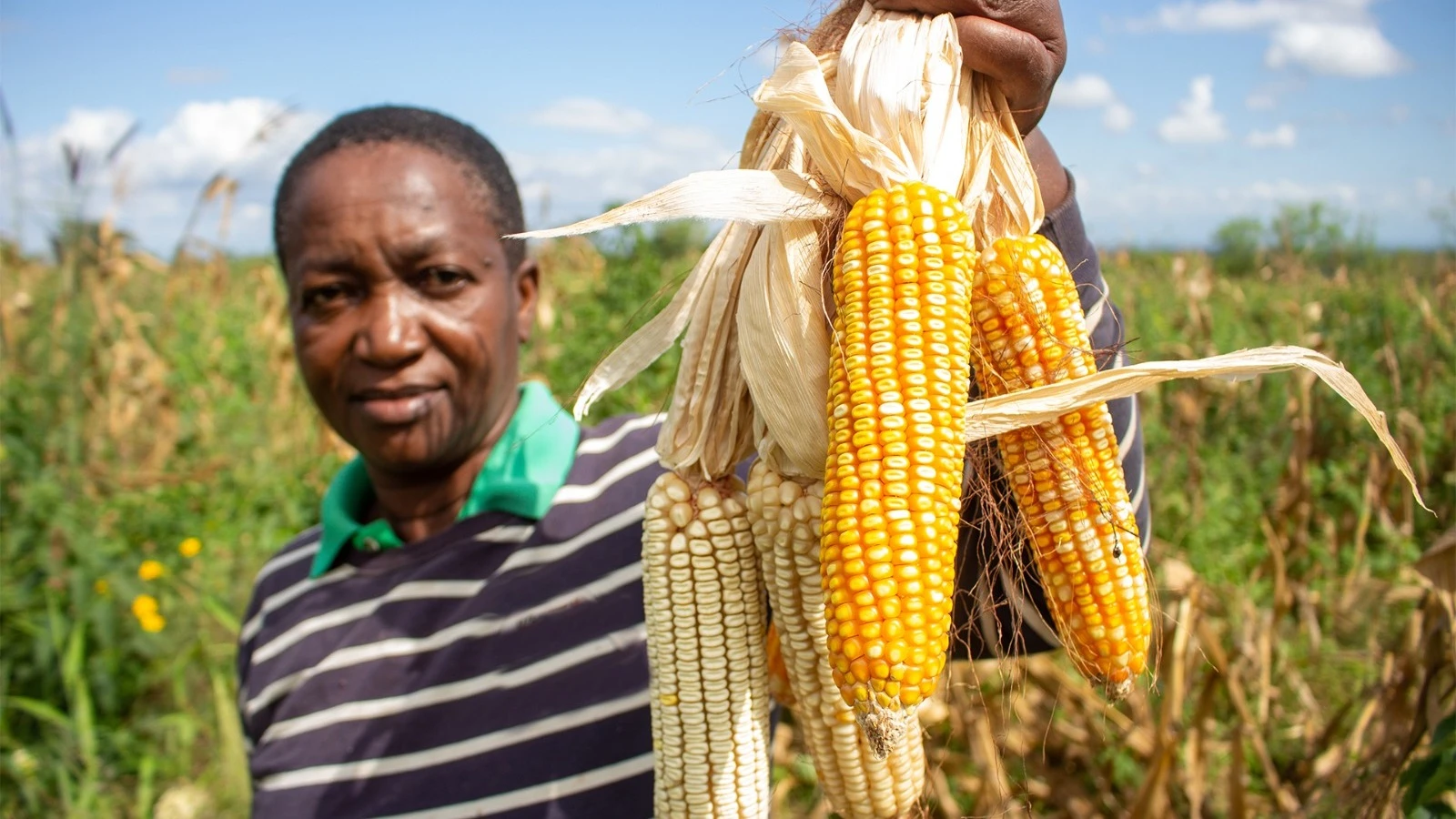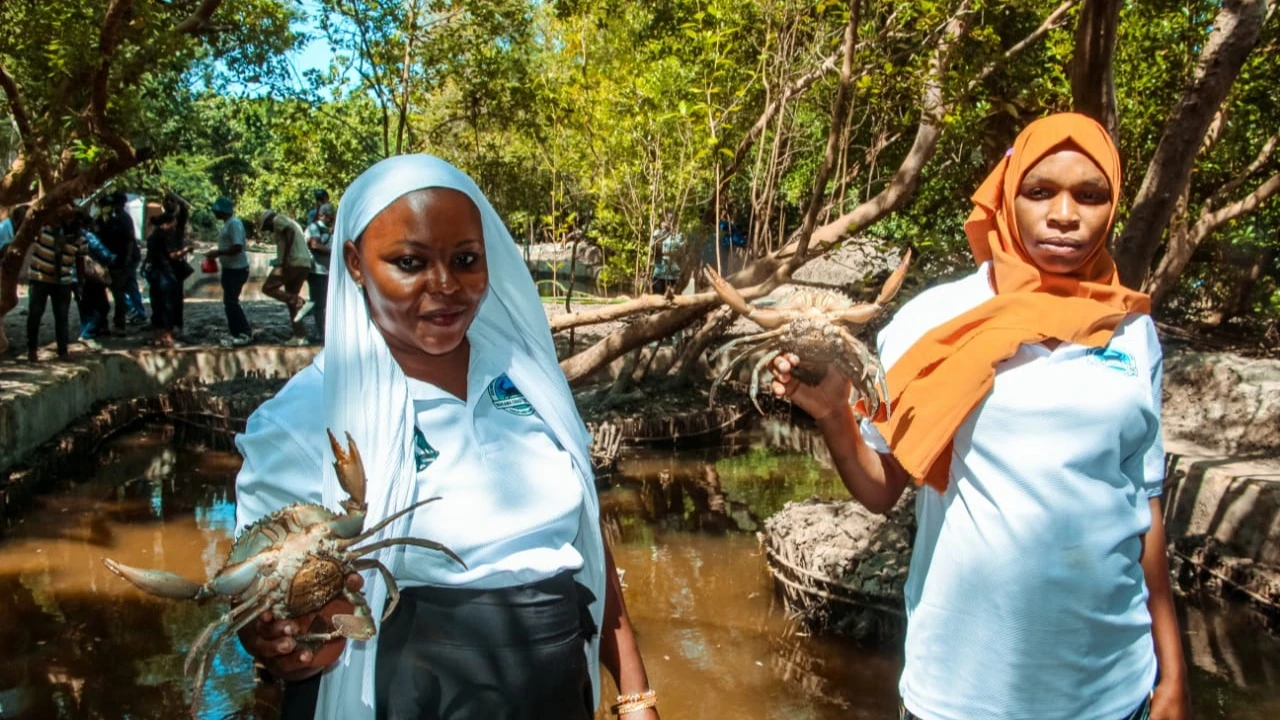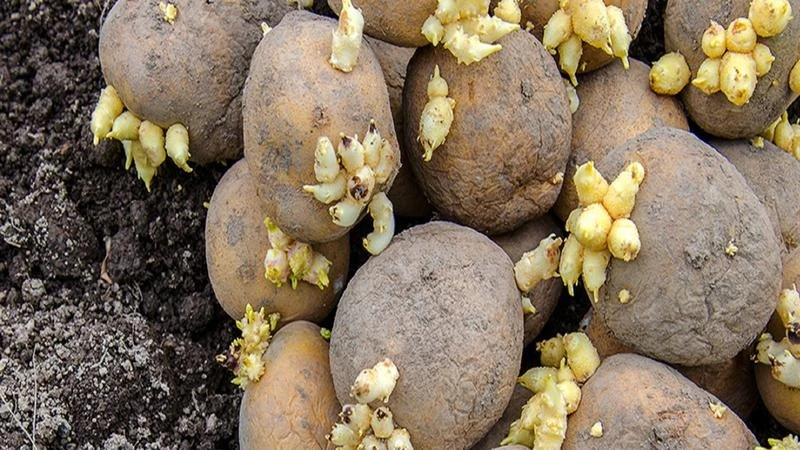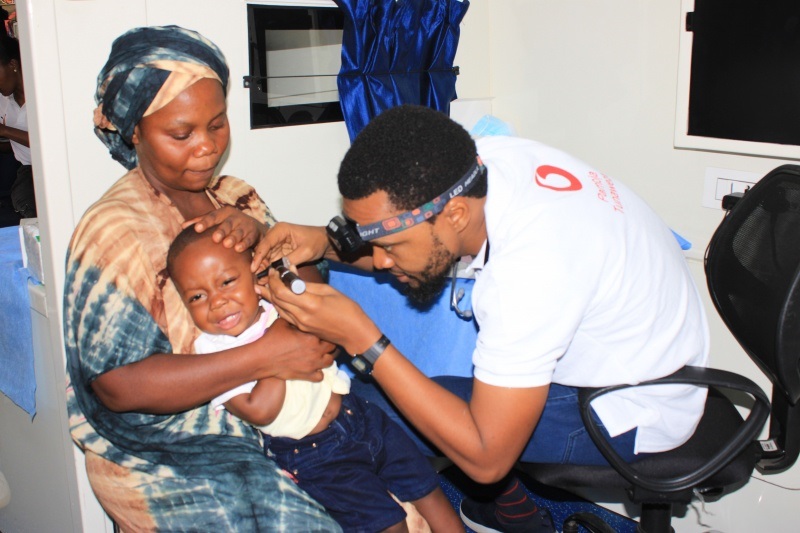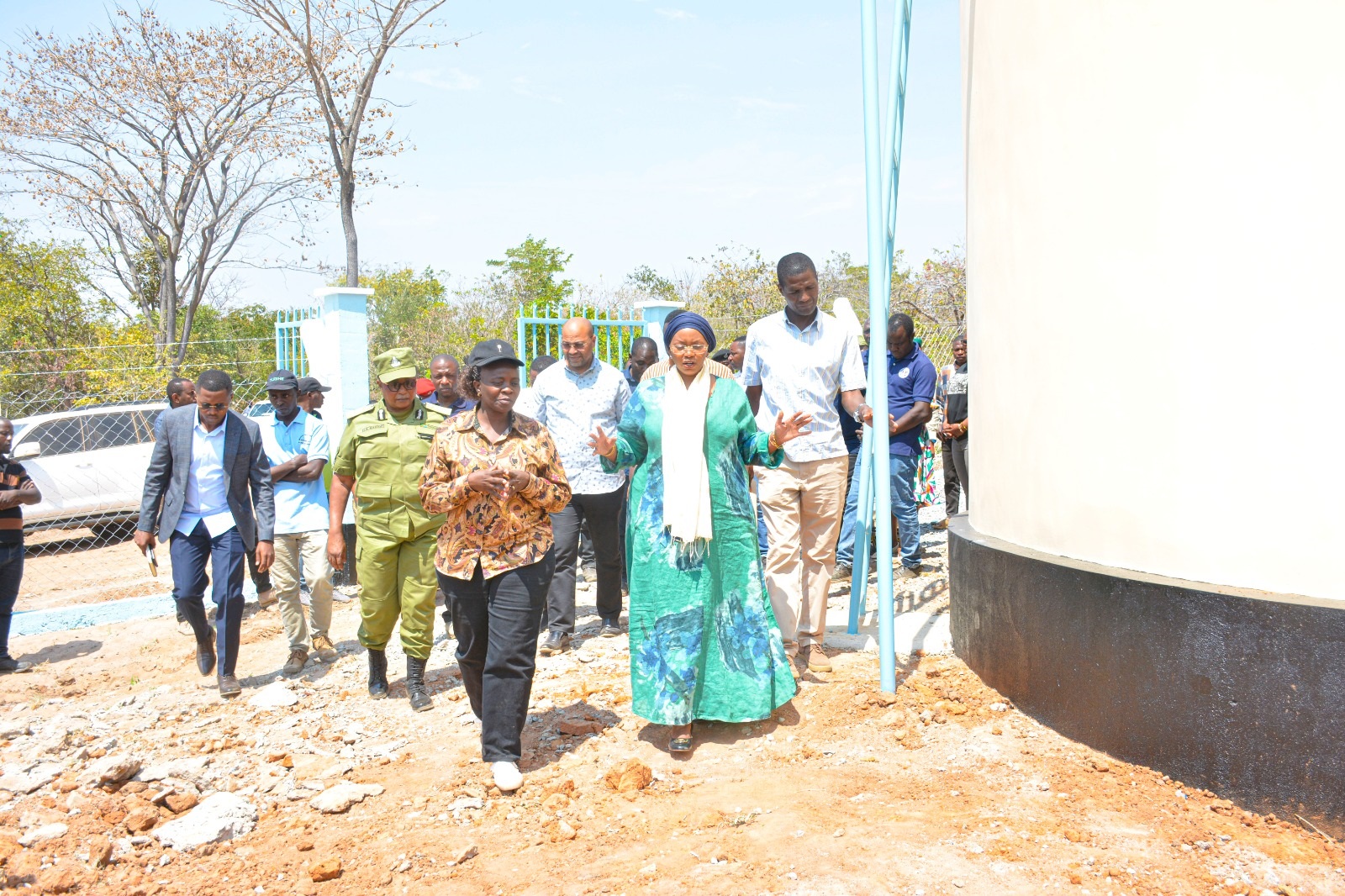12 states listed for FAO, WTO potato cyst control
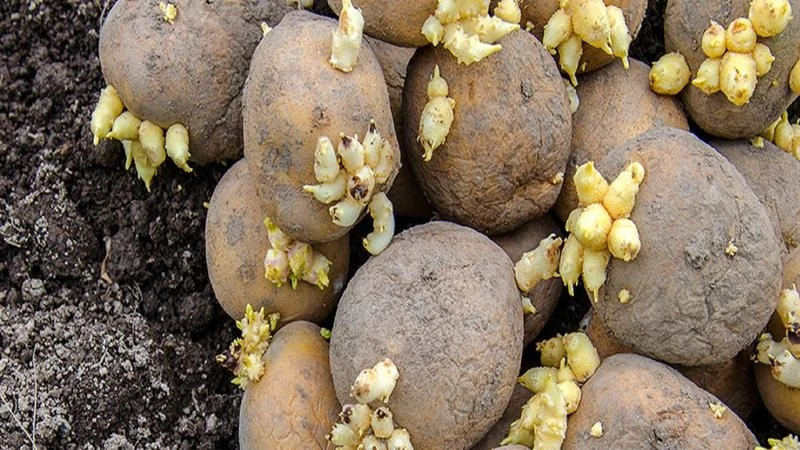
TANZANIA is among 12 African countries set to benefit from a new regional initiative aimed at combating the devastating potato cyst nematode (PCN), a microscopic pest threatening food security and farmer livelihoods across eastern and southern Africa.
Dr Harun Murithi, consultant for disease and pest management at the Kenya Plant Health Inspectorate Service (KEPHIS), and the Centre for Agriculture and Biosciences International (CABI) said in an interview yesterday that the initiative seeks to strengthen the capacity of national plant protection organisations to detect, diagnose and manage the potato disease, often devastating yields completely.
The bacterium is a soil-dwelling nematode that attacks potato roots, severely stunting plant growth and disabling tuber production, with its presence already confirmed in South Africa, Namibia and Zambia.
It is classified as a quarantine organism due to its potential to disrupt trade under strict phytosanitary regulations, with UN agencies putting up efforts to assist the region to combat the contagious pest epidemic.
Funded by the standards and trade development facility (STDF) of the World Trade Organization (WTO) and coordinated by the United Nations Food and Agriculture Organization (FAO), the project is being carried out in partnership with the International Centre for Insect Physiology and Ecology (ICIPE).
“By strengthening diagnostic capacity and fostering regional collaboration, this project is a vital step toward safeguarding potato production and trade in East and Southern Africa,” he said.
“Accurate identification of PCN will enable timely interventions, protecting farmers’ livelihoods and contributing to food security,” he stated.
Potatoes are a vital staple in the region, cultivated by upwards of 0.8m smallholder farmers with one hectare farms on average. The region produces close to 9m tonnes of potatoes annually but PCN poses a serious threat to this critical crop.
PCN often goes unnoticed as its symptoms — stunted plants, yellowing leaves and small tubers — are frequently mistaken for poor soil fertility or other crop diseases, experts assert. The project is intended to bridge this knowledge gap by equipping plant health officers and border inspectors with cutting-edge diagnostic tools and targeted training.
National laboratories in participating countries, including Tanzania, are receiving essential diagnostic equipment such as Fenwick cans and sieves. Technical staff are being trained in sample collection, nematode extraction and species identification — critical steps in detecting and managing PCN.
In July, a regional training workshop held in Nairobi brought together representatives from the 12 participating countries — Tanzania, Kenya, Uganda, Rwanda, Burundi, South Sudan, Ethiopia, Zimbabwe, Zambia, Malawi, Mozambique and Lesotho — to build foundational diagnostic skills and launch coordinated detection surveys.
Tanzania is now preparing to begin national PCN surveys alongside other countries, while Zimbabwe has already completed sample extraction and identification. Zambia and Malawi are currently conducting their surveys even as Ethiopia has completed sample collection, with Mozambique, Uganda and Lesotho set to follow, the consultant noted.
Beyond diagnostics, the project emphasizes the importance of regional cooperation and awareness-building. Outreach efforts target farmers, traders and policymakers to enhance understanding of PCN symptoms and promote integrated pest management practices.
As the disease spreads silently and often undetected, the initiative represents a crucial step in protecting one of Africa’s most important crops. By improving detection, diagnosis and regional coordination, the project aims to help countries like Tanzania defend their potato sectors and the millions of people who depend on them.
Top Headlines
© 2025 IPPMEDIA.COM. ALL RIGHTS RESERVED









